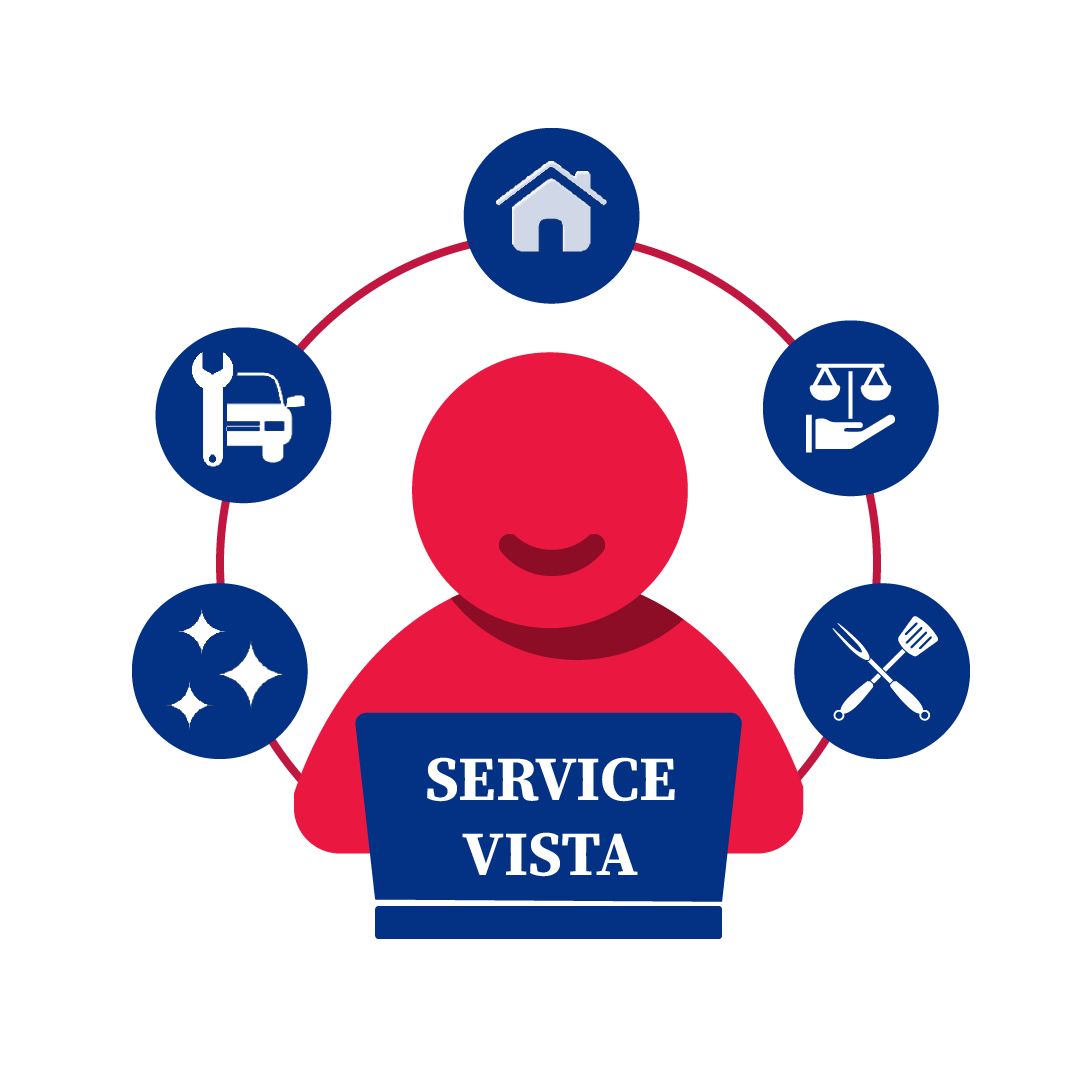
For many small business owners, reaching the VAT registration threshold feels like a milestone—a sign of growth and success. However, what seems like an achievement can quickly turn into a financial burden. If you find yourself thinking, “Being VAT registered is killing my business,” you’re not alone. Many entrepreneurs struggle with the added costs, administrative complexities, and pricing challenges that come with VAT registration.
So, what are your options? Whether you’re looking for ways to mitigate the impact of VAT or considering deregistration, this guide explores practical solutions to help your business thrive while staying compliant.
Understanding the VAT Registration Challenge
When a business’s taxable turnover exceeds the VAT registration threshold (currently £85,000 in the UK), it must register for VAT and charge customers an additional 20% on taxable goods and services. While this may seem manageable, it creates several problems:
- Increased Prices – If you pass the VAT cost onto customers, your pricing may become less competitive.
- Reduced Profit Margins – Absorbing VAT instead of increasing prices cuts into your earnings.
- More Administrative Work – Filing VAT returns, keeping accurate records, and ensuring compliance add to your workload.
- Cash Flow Issues – VAT payments can put a strain on cash reserves, making it harder to cover operating expenses.
These challenges often leave business owners searching for alternatives. Let’s explore your options.
Adjusting Your Pricing Strategy
One approach is to strategically adjust your pricing to balance competitiveness and profitability. Here are some strategies:
- Offer VAT-inclusive pricing to customers while subtly adjusting costs.
- Highlight value-added benefits (e.g., exceptional service, unique offerings) to justify price increases.
- Target VAT-registered businesses as clients since they can reclaim VAT, making your prices more appealing.
If your customer base mainly consists of individuals and non-VAT-registered businesses, raising prices might not be an ideal solution. In that case, consider other alternatives.
Voluntary VAT Registration Below the Threshold
If your turnover is just above the threshold, you may consider dropping back below £85,000 to deregister. However, some businesses voluntarily register even if they don’t have to. Why? Because it allows them to:
- Reclaim VAT on business expenses (useful if you purchase a lot of VAT-inclusive goods and services).
- Appear more professional and credible, particularly when dealing with corporate clients.
Before making this decision, assess whether the benefits outweigh the drawbacks in your industry.
Staying Below the VAT Threshold
If VAT is significantly impacting your business, it may be worth intentionally keeping your revenue below the VAT threshold by:
- Splitting Services – If you run multiple businesses, structuring them separately (where legally allowed) could help keep each entity under the threshold.
- Limiting Sales – While counterintuitive, reducing your revenue to stay below £85,000 might be more profitable than increasing sales and absorbing VAT costs.
- Delaying Invoicing – Spreading out sales carefully within a financial year to avoid crossing the threshold.
However, be cautious—intentionally manipulating revenue to avoid VAT registration can attract HMRC scrutiny.
Exploring VAT Schemes to Reduce Liability
The UK government offers VAT schemes that could ease your burden:
- Flat Rate Scheme (FRS) – Instead of reclaiming VAT, you pay a fixed percentage based on your industry, often leading to lower VAT liability.
- Cash Accounting Scheme – Pay VAT only when customers pay you (rather than when invoices are issued), improving cash flow.
- Annual Accounting Scheme – Make advance VAT payments throughout the year instead of quarterly, reducing paperwork and simplifying budgeting.
Check HMRC’s guidelines to see if your business qualifies for any of these schemes.
Deregistering for VAT
If your turnover falls below £83,000, you can apply for VAT deregistration. This means:
- You no longer have to charge VAT on sales.
- VAT-related administrative burdens decrease.
- Some previously claimed VAT on assets might need to be repaid (depending on value and time of purchase).
Before deregistering, assess whether the overall financial impact will be positive or if it could limit your business growth.
Seeking Professional Advice
VAT rules can be complex, and what works for one business might not suit another. A chartered accountant or VAT specialist can:
- Analyze your financials and recommend the best course of action.
- Ensure compliance with HMRC regulations.
- Help you navigate VAT schemes, pricing adjustments, and potential deregistration.
Investing in expert advice could save you money in the long run.
Conclusion
VAT registration doesn’t have to be a death sentence for your business. By adjusting pricing strategies, utilizing VAT schemes, or considering deregistration, you can regain control over your finances. If you’re feeling overwhelmed, seeking professional guidance can provide clarity and confidence in managing your VAT obligations.






